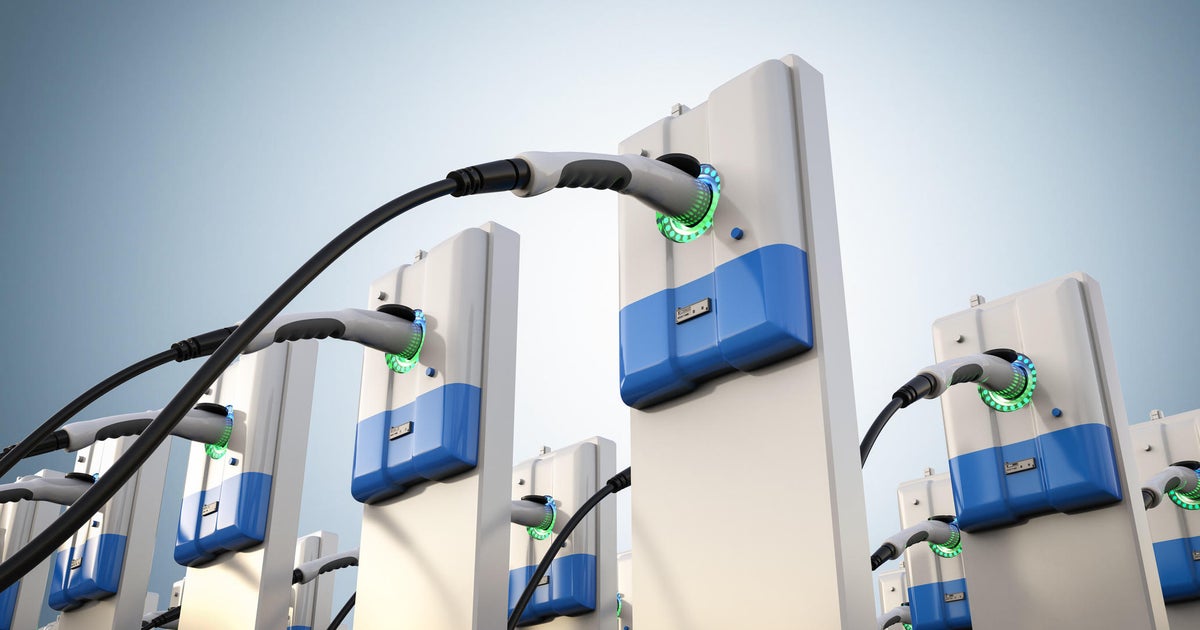The government’s efforts to electrify the transportation sector are not only increasing electric vehicle (EV) sales, but also paving the way for more domestic production of electric car components. This development has the potential to reduce the industry’s dependence on hazardous and costly mining practices abroad.
The Inflation Reduction Act of 2022 includes a provision called the “Advanced Manufacturing Production Credit,” which grants 10 years’ worth of tax credits for the domestic manufacturing of battery cells and modules. This provision allows batteries recycled in the U.S. to qualify for subsidies, irrespective of their origin. The subsidies have a dual benefit, as automakers using U.S.-recycled battery materials will also be eligible for EV production incentives.
Mike O’Kronley, CEO of battery material manufacturer Ascend Elements, expressed the transformative impact of the Inflation Reduction Act: “[It] changes how [we can provide] all of these batteries that the market now wants and is demanding.” Ascend Elements plans to utilize $480 million from two grants provided by the U.S. Department of Energy to construct a Kentucky manufacturing plant, set to open in the fourth quarter of 2024.
The adoption of electric vehicles is increasing in the U.S. as consumers seek environmentally friendly alternatives to conventional gasoline-powered cars. According to data from automotive website Edmunds, EVs accounted for 6.7% of total vehicle sales in May 2023, up from 5.2% in the same month of 2022.
In addition, EV registrations surged by a record-breaking 60% in the first quarter of 2022, representing 4.6% of all new car registrations in the U.S., according to data from financial data firm Experian cited by Automotive News.
However, electric cars heavily rely on minerals like lithium and cobalt, which are predominantly mined abroad, as stated by the National Minerals Information Center. O’Kronley warns that without a domestic supply chain, the U.S. could face a potential shortage of EV batteries in the future.
O’Kronley emphasized the importance of having more control over the supply chain to ensure continued vehicle production and avoid shortages and price hikes for consumers. Currently, China dominates the EV battery industry due to its abundant mineral deposits and established battery recycling infrastructure.
Encouraging battery recycling within the U.S. could reduce the nation’s reliance on mined materials from foreign sources. O’Kronley added, “As a country, we don’t necessarily want to be reliant on China for such a crucial component of a key technology that will enable [the U.S.’ clean] energy transition.”
Denial of responsibility! VigourTimes is an automatic aggregator of Global media. In each content, the hyperlink to the primary source is specified. All trademarks belong to their rightful owners, and all materials to their authors. For any complaint, please reach us at – [email protected]. We will take necessary action within 24 hours.


